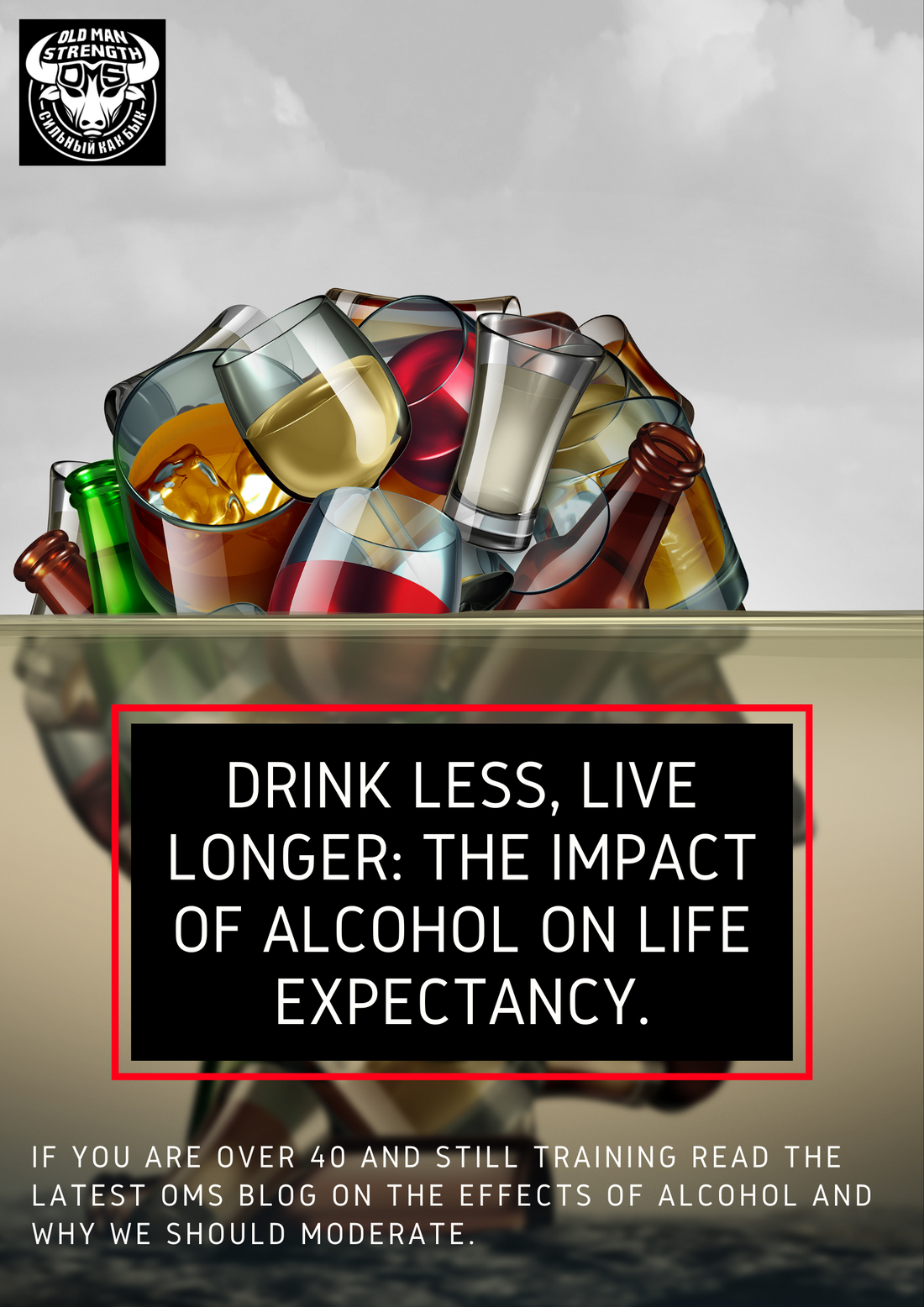
Drink Less, Live Longer: The Impact of Alcohol on Life Expectancy
It's Friday afternoon and work knock off is quickly approaching. Some will head to the pub for a few, others will grab a carton on the way home from work.
For most this is the culture which has been ingrained and adopted from a young age. However, as people age, their bodies' ability to metabolise alcohol decreases. The Australian Bureau of Statistics (ABS) reported that 76% of Australians over 40 drank alcohol in the past year, with males being more likely to consume alcohol at a hazardous level than females.
Even moderate consumption can have significant impacts on people over 40, specifically those who are fit and engage in strength training.
Studies have shown that excessive alcohol consumption can lead to a shorter life expectancy. A study conducted by the National Drug and Alcohol Research Centre found that people aged 40-49 who drank more than 14 standard drinks per week had a higher risk of mortality than those who drank less. Additionally, the ABS reported that in 2019, alcohol was a factor in 1,381 deaths of people over the age of 50 in Australia.
Alcohol consumption has a negative impact on the cardio vascular system. Research has shown that alcohol can cause high blood pressure, heart disease, and stroke. A study published in the Journal of the American Heart Association found that even moderate alcohol consumption can increase the risk of atrial fibrillation, a type of irregular heartbeat that can lead to stroke and heart failure. This study also found that the risk of atrial fibrillation increased with higher levels of alcohol consumption.
Alcohol consumption can also negatively impact someone who engages in strength training. A study published in the Journal of Strength and Conditioning Research found that alcohol consumption after strength training can impair muscle recovery and adaptation, which can ultimately hinder performance. Additionally, alcohol consumption can lead to dehydration, which can decrease muscle endurance and strength.
While moderate alcohol consumption may not have significant immediate effects, excessive and long-term use can lead to serious health problems. It is important for us to make informed choices about alcohol consumption and to be mindful of our overall health and fitness goals. By limiting our alcohol intake to a safe level, we can reduce the risk of harm and improve our quality of life.
Drink never made a man better, but it made many a man think he was better.


